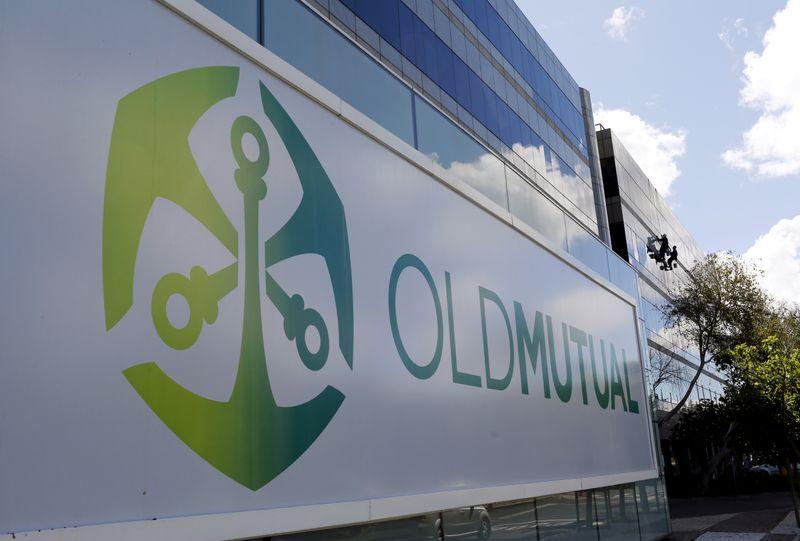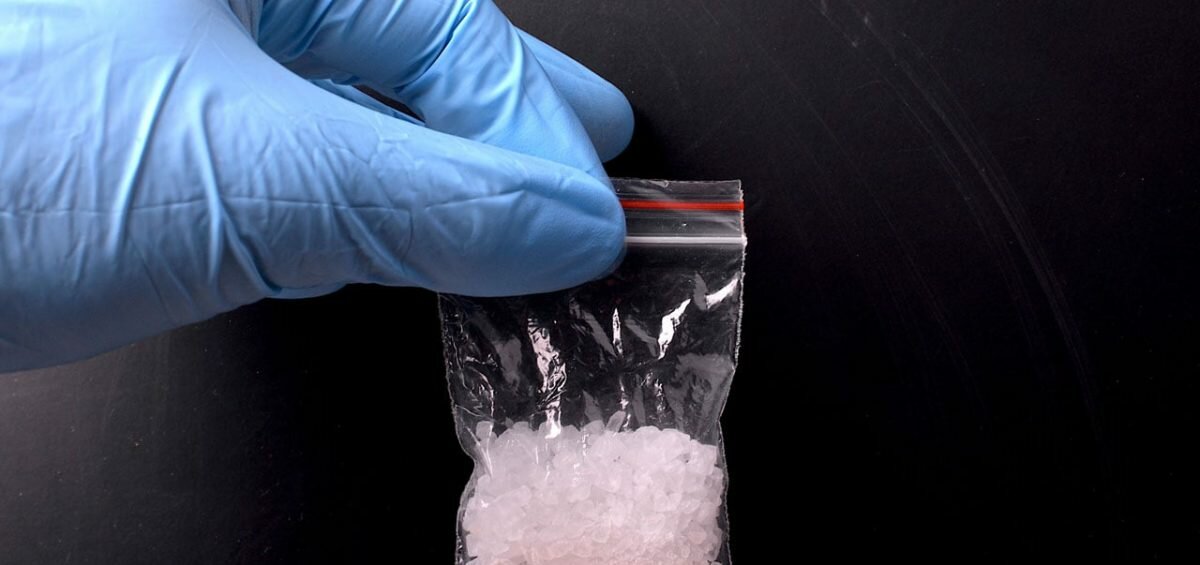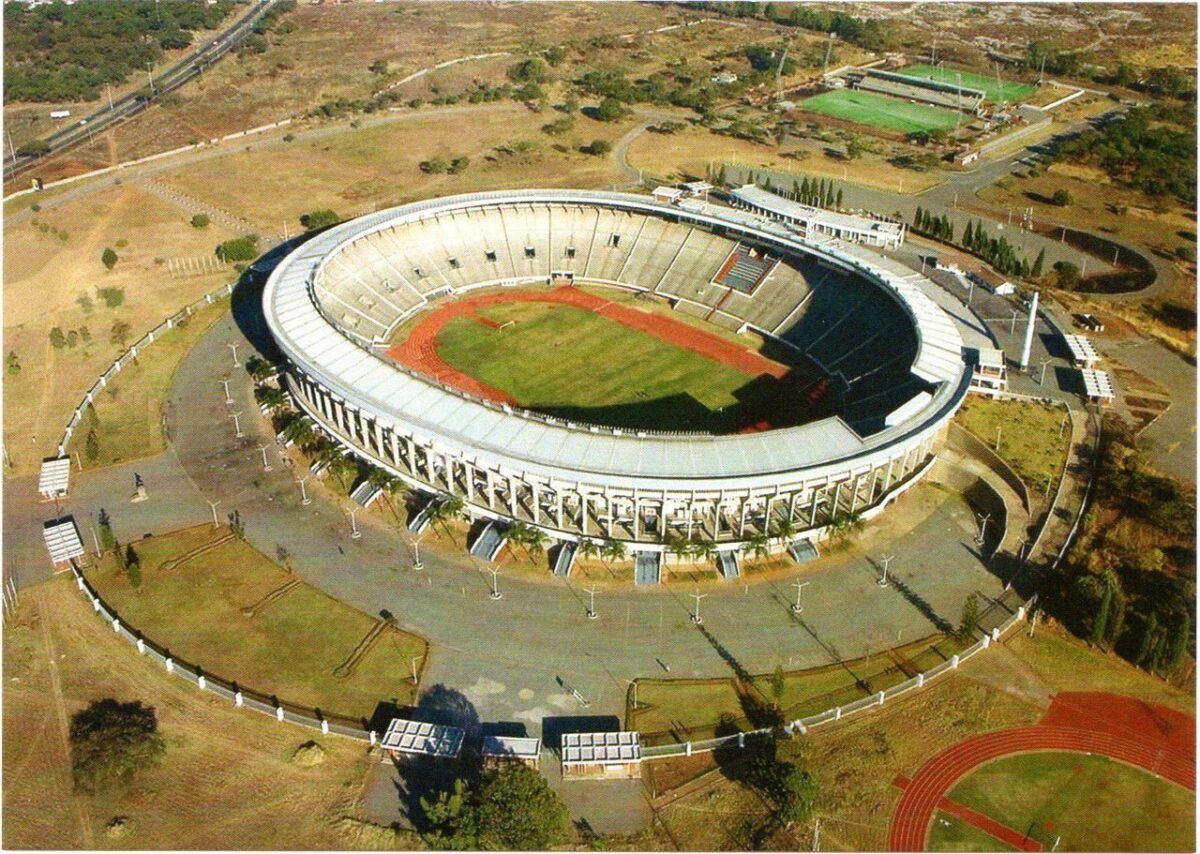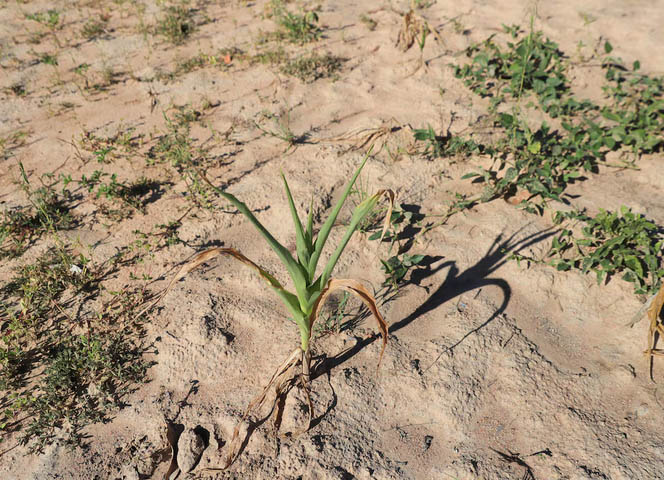HARARE – Zimbabwe’s stock market will resume trading on August 3 after a central bank financial intelligence body concluded its investigation, but three dual listed stocks, including the local unit of Old Mutual will remain suspended, the finance minister said on Tuesday.
The government suspended trading on the local bourse last month saying it was being used by black market traders to undermine the Zimbabwe dollar.
“Some market players have been found to have acted out of line with the norm of the rules of the Zimbabwe Stock Exchange and best trading practice in the nature of their activities,” Mthuli Ncube said in a statement.
“Whilst there was no observed evidence of the direct involvement of the listed entities themselves, significant evidence of a strong link between the price behaviour and transaction patterns on internationally-listed shares, namely Old Mutual PLC, Seedco International and PPC, and the behaviour of the parallel market exchange rate was also established, with varying degrees of causality.”
Ncube singled out the Old Mutual Implied Rate which he said was “observed as the key driver of parallel market behaviour, with many market players in the real economy using this highly visible rate as a benchmark for forward pricing and costing of goods and services, as well as determination of foreign exchange rates in the market.”
Old Mutual, Seedco and PPC would remain suspended from the ZSE whilst “consultations continue on the best way forward regarding their re-listing, under suitable rules.”
Foreign and Zimbabwean investors aiming to obtain foreign currency have been buying shares in Old Mutual, Pretoria Portland Cement and SeedCo on the ZSE and selling them on foreign exchanges – one of the main ways citizens and businesses have been able to obtain dollars as inflation wipes out the local currency.
Old Mutual and PPC are listed in Johannesburg while SeedCo is also listed in Botswana.
In 2008 at the height of hyperinflation, Zimbabwe also suspended the transfer of dual-listed shares but this did not stem the crash of the local currency.
Zimbabwe reintroduced the Zimbabwe dollar last June, ending a decade of dollarisation. But with no foreign or gold reserves to back it up, its value has plunged while inflation soared to an annual rate of 737.3 percent in June.
The Zimbabwe dollar was officially trading at 76.7596 to the U.S. dollar on Tuesday, and at over 100 on the black market. – Reuters
















